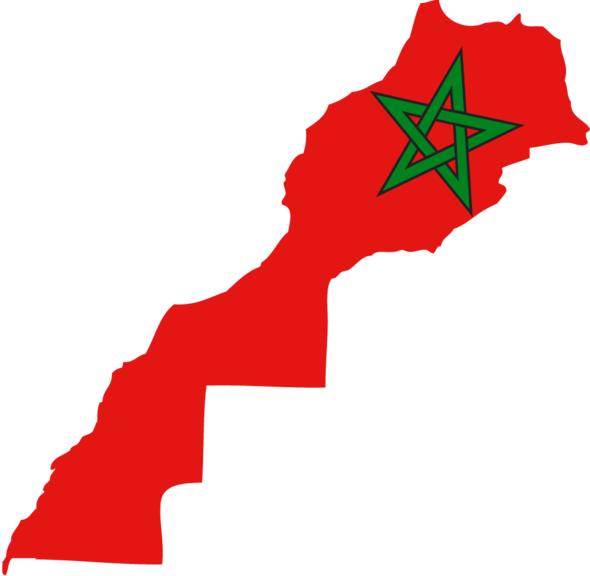Immigrants in Morocco
Morocco has a diverse population, and it is home to a significant number of immigrants from various countries. Immigrants in Morocco come from neighboring African countries, Europe, the Middle East, and other parts of the world. Here are some key points about immigrants in Morocco:
1 - Geographical proximity: Due to its location in North Africa, Morocco shares borders with Algeria and the Spanish enclaves of Ceuta and Melilla. As a result, many immigrants come from these neighboring countries, including Algerians, sub-Saharan Africans, and individuals from the Spanish enclaves.
2 - Economic opportunities: Morocco's growing economy and relatively stable political climate attract immigrants seeking better economic prospects. Many immigrants come from countries such as Senegal, Mali, Niger, and Côte d'Ivoire, hoping to find work and improve their living conditions.
3 - Refugees and asylum seekers: Morocco also hosts a significant number of refugees and asylum seekers. Some of them come from conflict-affected regions such as Syria, Yemen, and Libya, while others flee persecution and political instability in countries like Sudan and Eritrea.
4 - European migration routes: Morocco serves as a transit country for migrants aiming to reach Europe. Many migrants, particularly from sub-Saharan Africa, embark on perilous journeys through the Sahara Desert to reach Morocco, from where they attempt to cross the Mediterranean Sea to Spain or other European countries.
5 - Integration and challenges: The integration of immigrants in Morocco varies depending on factors such as legal status, language proficiency, and cultural differences. While some immigrants find opportunities for social and economic integration, others face challenges such as discrimination, limited access to services, and precarious living conditions.
6 - Government policies: The Moroccan government has implemented various policies to manage immigration, including regularization programs for undocumented immigrants and cooperation agreements with other countries to address irregular migration flows. Morocco also works closely with international organizations such as the United Nations High Commissioner for Refugees (UNHCR) to provide assistance and protection to refugees.
x
It's important to note that the specific numbers and demographics of immigrants in Morocco can change over time, as migration patterns evolve and new policies are implemented. For the most up-to-date and detailed information, it is recommended to consult recent reports and studies by relevant organizations and government agencies.

